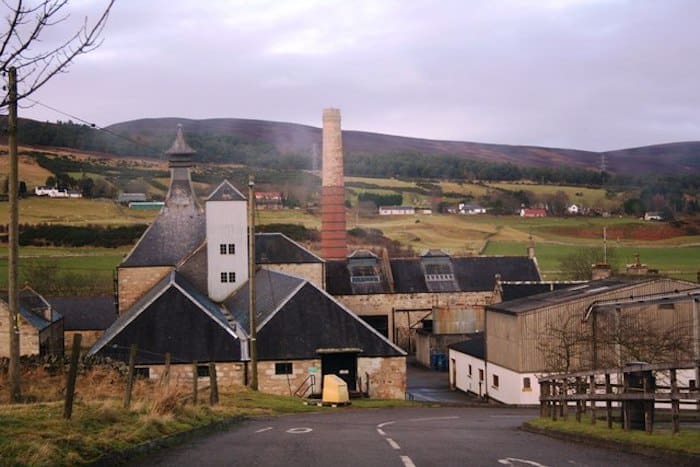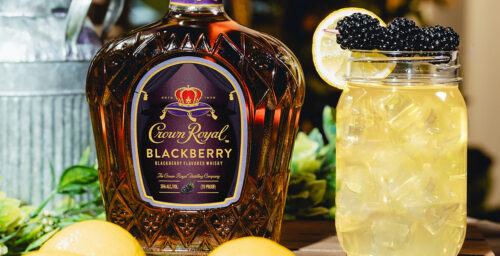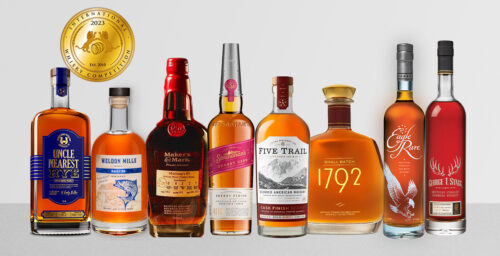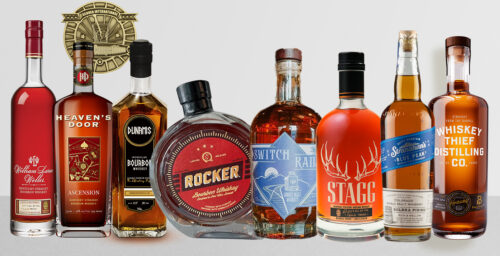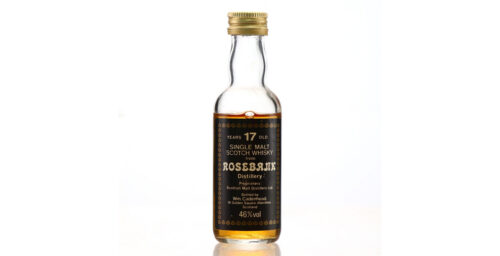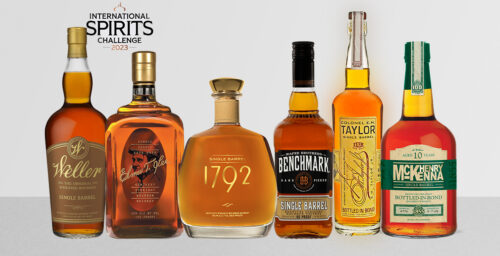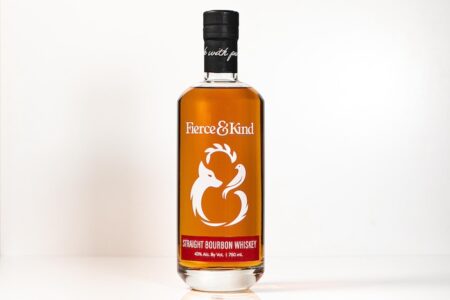Why Did They Close?
These three are the only truly ‘iconic’ distilleries among all those which closed. So why did they fall under the axe?
As long ago as 1896, Brora (then named Clynelish) had a very high reputation as a single malt. That year, the leading trade journal, Harpers Weekly reported that: “the make has always obtained the highest price of any single Scotch whisky…The demand for it is so great that the proprietors have had to refuse trade orders”. [i.e. none was sold to blenders]
In the 1960s a modern distillery was built on an adjacent site, named Clynelish No.2. When legislation prohibited two distilleries having the same name, the old Clynelish became ‘Brora’ after the village in which it is located. Clynelish No.1/Brora continued to operate sporadically until the early 1980s. But by 1983 it was deemed surplus to blenders’ requirements.
In truth this malt has only enjoyed cult status since the distillery closed, although it long enjoyed a high reputation among consumers and blenders for its distinctly maritime, oily smokiness – so much so that in recent years only investors can afford it! Although it was the first single malt to be exported direct to the United States (in 1869), its owner only began to release annual bottlings in 2001.
Rosebank was always considered to be the most sublime Lowland malt. In the 1890s there was “an extraordinary demand for the make and many customers had to be content with a smaller allocation than they had ordered” according to Brian Spiller, historian. Triple distilled and light in style, it is elegant, floral and grassy – the late whisky guru, Michael Jackson, described it as ‘romantic’.
But by the early 1980s its effluent plant required to be up-graded to comply with European Community regulations – at a cost of £2 million – and there were grave problems concerning the access to the site by trucks bringing in malt and taking away casks of whisky. So in spite of its reputation, Rosebank also fell under the axe in 1993. The late whisky writer, Michael Jackson, described the closure as “a grievous loss”.
A Bright Future
The revival of these three iconic distilleries, all of which will be operating at a relatively low level of output (around 800,000 LPA per annum) and all planning to replicate the style of spirit made before they were closed is to be welcomed – although we will be the judge of this!
Not only is the giant of the Scotch whisky industry, Diageo, listening to consumers who want more Brora and Port Ellen, but it is prepared to sell the Rosebank’s trademark and surviving stock to an energetic family-owned company which will retain the quality and develop the brand. [The distillery site had already been sold to and bought back from to British Waterways.]

